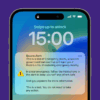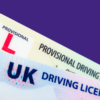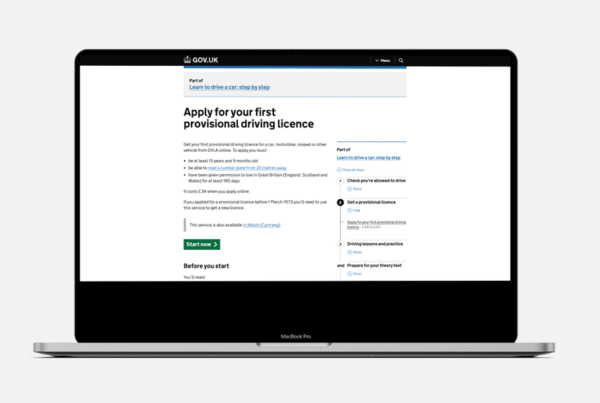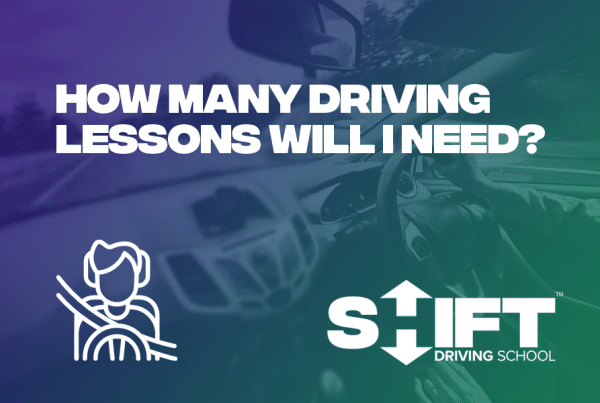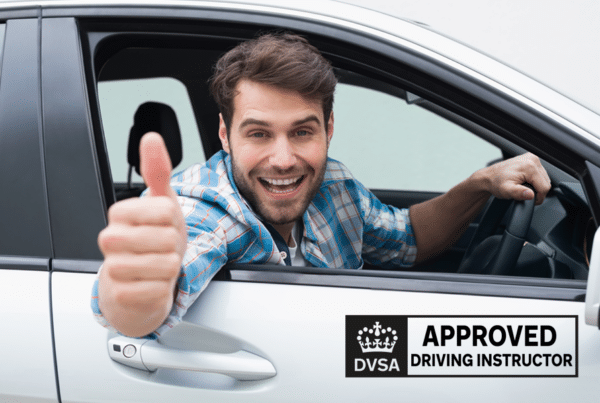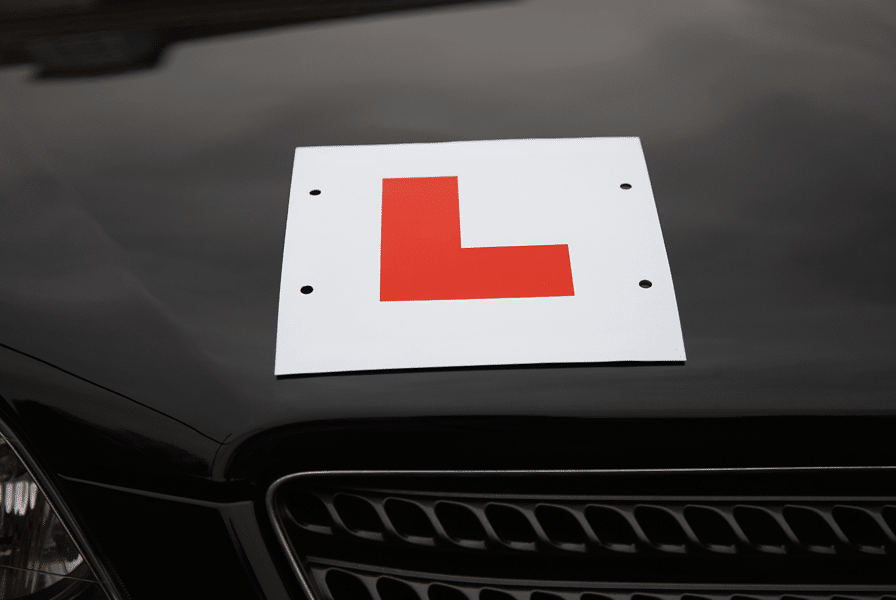
So, you’re ready to hit the road and get your driving licence, but now you’re facing the age-old question: Should you shell out for a professional driving instructor, or can you save some cash and let Uncle Bob teach you? Before you grab the keys and go full DIY, let’s dive into the pros and cons of each approach and see which one might steer you in the right direction.
The Professional Approach: Why It’s Worth Every Penny
Expertise That Counts
Driving instructors are like the Gandalf of the driving world. They’re trained to guide you through the mystical lands of road rules and manoeuvres. They know the DVSA’s (Driver and Vehicle Standards Agency) secret handbook and can help you navigate the twists and turns of your driving test. It’s not just about controlling the car; it’s about mastering the fine art of driving safely and passing that pesky test.
Structured Lessons
Think of driving lessons with a professional as a well-structured plan. They bring the expertise (skills), the method (technique), and the timing (when to brake, when to accelerate). A professional instructor will provide a comprehensive course covering everything from parallel parking to navigating roundabouts, ensuring you’re not just guessing but truly mastering each aspect of driving.
Up-to-Date Know-How
Driving standards and road rules are not set in stone; they evolve. Professional instructors stay on top of the latest changes so you don’t end up learning outdated practices. It’s like having a personal guide who knows all the shortcuts—except, in this case, the shortcuts are legal and safe.
Safety Net
Driving instructors’ cars nearly always come with dual controls, which means they can jump in if you suddenly decide to make the car do a dance move. If you’re with a friend or family member, you might find yourself in a bit of a pickle if things go sideways. Dual controls are like having a safety net under a tightrope—never a bad thing when you’re learning to juggle the complexities of driving. Also let’s be honest… the lack of duals can can cause your Uncle Bob to fell a bit on edge, making you feel even worse, not to mention the arguments and family dramas.
DIY Driving: Is It Really the Best Way to Go?
Saving a Few Quid
Learning with a buddy or family member might seem like a budget-friendly option. After all, who wouldn’t want to save some cash? However, there’s a catch. You might save a few quid upfront, but if your driving isn’t up to scratch, you could end up spending more on extra lessons or retaking the test. It’s like trying to fix your own plumbing: sure, it’s cheaper, but do you really want to deal with the mess?
Comfort and Flexibility
On the flip side, learning with someone you know can be more relaxed. You get to set your own schedule and enjoy a few laughs along the way. Just make sure that comfort doesn’t turn into complacency. You don’t want to end up learning bad habits or, worse, forgetting to use your indicators because “it’s not a big deal.”
Bad Habits Alert
Here’s a heads-up: even the best drivers have their quirks, and some of those quirks might not be the best for your driving test. Your family or friends might pass on some well-intentioned but incorrect practices.
Safety First
Driving with an informal supervisor means there’s no dual control. If something goes awry, they might panic and try to grab the wheel, but they can’t exactly stomp on the brakes or control the accelerator. Safety is key, and a professional is trained to handle the unexpected with cool composure.
The Best of Both Worlds: Mixing Professional and Private Practice
Why Not Have Both?
Why settle for just one approach when you can combine the best of both worlds? Professional lessons will give you a solid foundation and the right techniques, while private practice with a friend or family member can help you get additional driving time and experience. It’s like having your cake and eating it too—just make sure the cake isn’t a half-baked mess.
Choosing Your Sidekick
If you’re going the DIY route, pick your driving buddy wisely. They should be over 21, have held a full licence for at least three years, and ideally, be a calm and competent driver. You don’t want someone who’s going to panic every time you miss a turn or use their driving lessons as a chance to live out their own racing car dreams.
Legalities and Practicalities
Remember, if you’re paying for lessons, make sure it’s with a qualified driving instructor. Paying someone who isn’t DVSA-approved is not just a bad idea; it’s illegal. And yes, you can get points on your provisional licence for driving without proper supervision, so play it safe and stick to the rules.
So, should you go the professional route, stick with DIY, or mix a bit of both? The answer depends on your personal style, budget, and how much you value safety and structure. While it’s legal to learn with a friend or family member, the advantages of professional instruction—expertise, structure, and safety—make it a strong contender for the best approach.
If you’re ready to take the plunge and want some expert guidance to get you on the road to driving success, give us a shout. Call us on 0333 966 8989, or email hello@shiftdrivingschool.co.uk and we’ll help you find a top-notch instructor or get you set up for a refresher course.
Get started today, and let’s make sure your driving journey is smooth and successful!
Frequently Asked Questions
Can I learn to drive in my own car with a friend or family member?
Yes, but ensure you have learner insurance and your supervisor meets the legal requirements (over 21, with a full licence for at least 3 years).
Is it legal to pay someone who isn’t a professional instructor for driving lessons?
Nope, it’s illegal. Only DVSA-approved instructors can legally charge for driving lessons. Stick with the pros to keep things above board.
How can I find a qualified driving instructor?
Search online at https://shiftdrivingschool.co.uk/find-us/ to see if we cover your area. If not, check local driving schools, or visit the .gov website to find an instructor near you.
Can I start driving lessons before I’m 17?
You can start at 16 if you receive the enhanced rate of the mobility component of Personal Independence Payment (PIP). Otherwise, you’ll need to wait until you’re 17.
How do I know if I’m ready for the driving test?
A professional instructor should assess your readiness. You should feel confident in all driving areas before scheduling your test.


